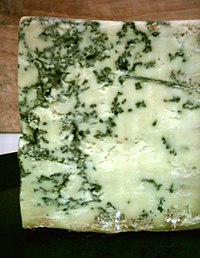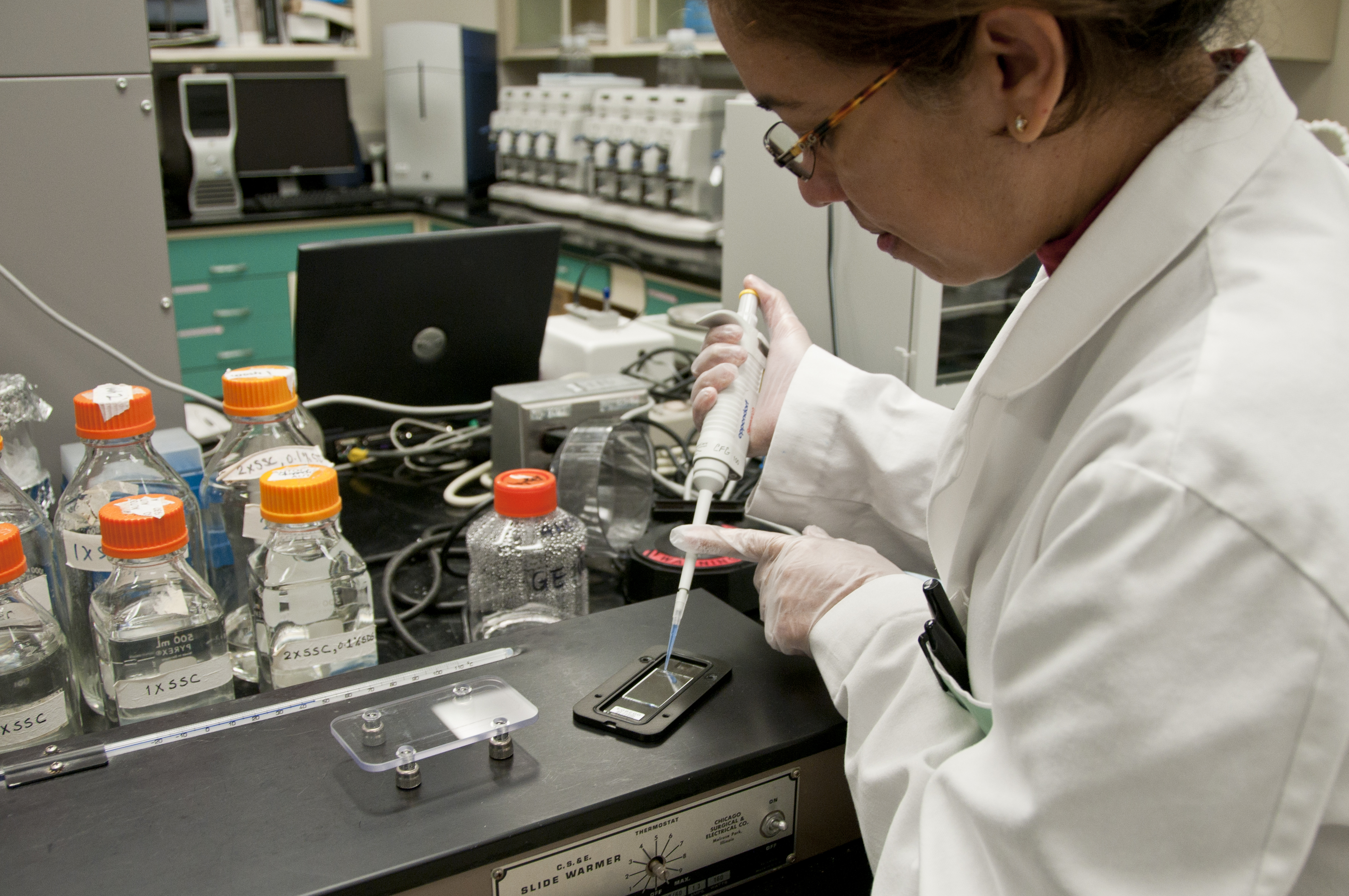
Do metabolites that are produced during resistance exercise enhance muscle hypertrophy?
Sign Up to like & getrecommendations! Published in 2017 at "European Journal of Applied Physiology"
DOI: 10.1007/s00421-017-3690-1
Abstract: Many reviews conclude that metabolites play an important role with respect to muscle hypertrophy during resistance exercise, but their actual physiologic contribution remains unknown. Some have suggested that metabolites may work independently of muscle contraction,… read more here.
Keywords: muscle; resistance exercise; metabolites produced; muscle hypertrophy ... See more keywords

New secondary metabolites produced by the phytopathogenic fungus Wilsonomyces carpophilus
Sign Up to like & getrecommendations! Published in 2018 at "Phytochemistry Letters"
DOI: 10.1016/j.phytol.2018.06.018
Abstract: Abstract Two new metabolites possessing the unusual 1-oxa-7-azaspiro[4.4]non-2- ene-4,6-dione core (2, 3) along with the recently described pseurotin A3 (1) were isolated from the pathogenic fungus Wilsonomyces carpophilus (previously named Stigmina carpophila). The producer organism… read more here.
Keywords: wilsonomyces carpophilus; new secondary; metabolites produced; secondary metabolites ... See more keywords

Bacterial-fungal metabolic interactions within the microbiota and their potential relevance in human health and disease: a short review
Sign Up to like & getrecommendations! Published in 2022 at "Gut Microbes"
DOI: 10.1080/19490976.2022.2105610
Abstract: ABSTRACT The composition of the microbiota is the focus of many recent publications describing the effects of the microbiota on host health. In recent years, research has progressed further, investigating not only the diversity of… read more here.
Keywords: metabolic interactions; health; review; fungal metabolic ... See more keywords

Identification of antimicrobial metabolites produced by a potential biocontrol Actinomycete strain A217
Sign Up to like & getrecommendations! Published in 2019 at "Journal of Applied Microbiology"
DOI: 10.1111/jam.14548
Abstract: To extract and identify the metabolites of strain A217 as well as its antifungal spectrum and control effect on various plant pathogens. read more here.
Keywords: strain a217; produced potential; antimicrobial metabolites; metabolites produced ... See more keywords

Secondary Metabolites Produced by Heterorhabditis Symbionts and Their Application in Agriculture: What We Know and What to Do Next.
Sign Up to like & getrecommendations! Published in 2017 at "Journal of nematology"
DOI: 10.21307/jofnem-2017-084
Abstract: Gram-negative Photorhabdus bacteria have a dual lifestyle: they are mutualists of Heterorhabditis nematodes and are pathogens of insects. Together, this nematode-bacterium partnership has been used to successfully control a wide range of agricultural insect pests.… read more here.
Keywords: heterorhabditis symbionts; photorhabdus; metabolites produced; produced heterorhabditis ... See more keywords

Secondary Metabolites Produced during the Germination of Streptomyces coelicolor
Sign Up to like & getrecommendations! Published in 2017 at "Frontiers in Microbiology"
DOI: 10.3389/fmicb.2017.02495
Abstract: Spore awakening is a series of actions that starts with purely physical processes and continues via the launching of gene expression and metabolic activities, eventually achieving a vegetative phase of growth. In spore-forming microorganisms, the… read more here.
Keywords: germination streptomyces; streptomyces coelicolor; germination; metabolites produced ... See more keywords

Secondary Metabolites Produced by the Blue-Cheese Ripening Mold Penicillium roqueforti; Biosynthesis and Regulation Mechanisms
Sign Up to like & getrecommendations! Published in 2023 at "Journal of Fungi"
DOI: 10.3390/jof9040459
Abstract: Filamentous fungi are an important source of natural products. The mold Penicillium roqueforti, which is well-known for being responsible for the characteristic texture, blue-green spots, and aroma of the so-called blue-veined cheeses (French Bleu, Roquefort,… read more here.
Keywords: secondary metabolites; metabolites produced; penicillium roqueforti; mold penicillium ... See more keywords

A Complete Study of Farrerol Metabolites Produced In Vivo and In Vitro
Sign Up to like & getrecommendations! Published in 2019 at "Molecules"
DOI: 10.3390/molecules24193470
Abstract: Although farrerol, a characteristically bioactive constituent of Rhododendron dauricum L., exhibits extensive biological and pharmacological activities (e.g., anti-oxidant, anti-immunogenic, and anti-angiogenic) as well as a high drug development potential, its metabolism remains underexplored. Herein, we… read more here.
Keywords: produced vivo; farrerol metabolites; farrerol; metabolites produced ... See more keywords

Classification and Multifaceted Potential of Secondary Metabolites Produced by Bacillus subtilis Group: A Comprehensive Review
Sign Up to like & getrecommendations! Published in 2023 at "Molecules"
DOI: 10.3390/molecules28030927
Abstract: Despite their remarkable biosynthetic potential, Bacillus subtilis have been widely overlooked. However, their capability to withstand harsh conditions (extreme temperature, Ultraviolet (UV) and γ-radiation, and dehydration) and the promiscuous metabolites they synthesize have created increased… read more here.
Keywords: review; bacillus subtilis; subtilis group; metabolites produced ... See more keywords

HPLC-MS/MS Method for the Detection of Selected Toxic Metabolites Produced by Penicillium spp. in Nuts
Sign Up to like & getrecommendations! Published in 2020 at "Toxins"
DOI: 10.3390/toxins12050307
Abstract: Penicillium spp. are emerging as producers of mycotoxins and other toxic metabolites in nuts. A HPLC-MS/MS method was developed to detect 19 metabolites produced by Penicillium spp. on chestnuts, hazelnuts, walnuts and almonds. Two extraction… read more here.
Keywords: penicillium spp; toxic metabolites; metabolites produced; hplc method ... See more keywords